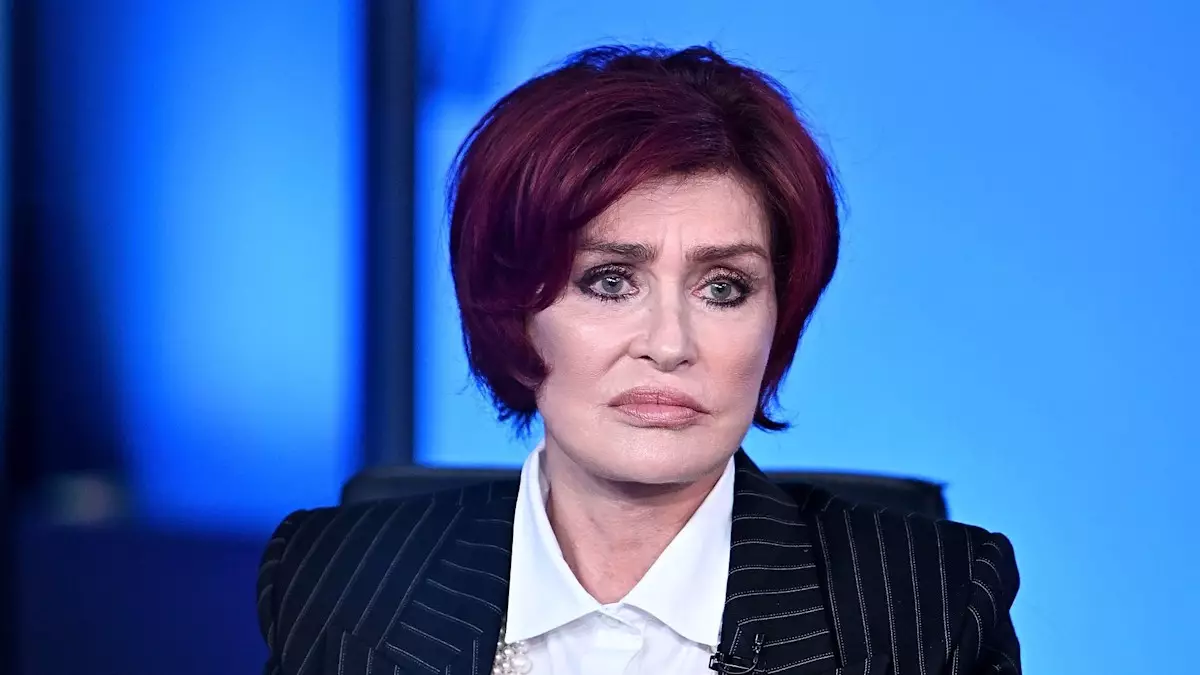In a deeply moving gesture of remembrance, Sharon Osbourne has expressed her heartfelt sorrow regarding the untimely death of Liam Payne, the former One Direction member. Sharon, who has spent decades within the music industry, shared her reflections on social media, highlighting not just personal grief but also a broader commentary on the challenges faced by young artists thrust into the public eye. At the age of 72, Sharon’s poignant acknowledgment of the pressures placed on young talents captures the often-ignored mental health struggles in the music industry. Her declaration on Instagram, where she candidly remarked, “Liam, my heart aches. We all let you down,” reverberates with a sense of collective responsibility, prompting a discourse about the industry’s role in nurturing its young stars.
Liam’s ascent to stardom is a journey that rapidly transformed him from a hopeful teenager into a global icon. The pressures of fame exposed him to an environment that many describe as both exhilarating and suffocating. His rise began on The X Factor, where his talent was recognized at a tender age of just 16, culminating in the formation of One Direction alongside Harry Styles, Niall Horan, Zayn Malik, and Louis Tomlinson. However, the juxtaposition of their meteoric success against Liam’s personal battles illustrates the often unseen realities behind the façade of fame. While One Direction’s collective achievements led to five successful albums and numerous awards, including seven BRIT Awards, the downside of this lifestyle took a toll. Sharon’s reflections on these experiences resonate profoundly, as she questions, “Where was this industry when you needed them?” It invites a reassessment of how the industry perceives and supports the mental and emotional health of its rising stars.
As fans and industry insiders grapple with Liam’s legacy, it is essential to recognize the underlying issues he faced as a public figure. Interviews and discussions reveal that he struggled with substance abuse, particularly alcoholism—a battle that became more pronounced during One Direction’s peak popularity. In a harrowing account shared during an episode of The Diary of a CEO podcast, Liam spoke openly about reaching “rock bottom” amidst the pressures of fame. These confessions are not merely anecdotes; they represent a dire warning about the relentless expectations placed on young performers. Rather than shielding them from the demands of celebrity, the industry often amplifies the pressures, leaving artists vulnerable to their own demons.
Liam’s journey toward sobriety offered a glimmer of hope, as he celebrated nearly six months of sobriety after a period of rehabilitation. However, this optimistic chapter was tragically cut short, leaving fans and supporters devastated. As Sharon ended her tribute with a somber note, writing, “Rest in peace, my friend,” it serves as a sobering reminder of the impact that the pressures of fame can have. Her words echo a plea for change in how the music industry approaches mental health and support for its stars. The narrative surrounding Liam Payne transcends a mere reflection on one individual’s struggles; it calls for a systemic change within the entertainment sphere to ensure young artists are supported and protected.
Moving Forward: The Responsibility of the Industry
Sharon Osbourne’s tribute shines a light on the pressing need for a cultural shift within the music industry. It is imperative for industry leaders, executives, and peers to take an active role in fostering environments that prioritize mental wellness. This discussion beckons a re-evaluation of practices that often prioritize profit over personal well-being. As we remember Liam Payne, let it be a catalyst for reform in a system that must evolve to better protect its young talents. The legacy of our artists should not merely rest on their success, but on our ability as a society to nurture and safeguard the mental health of those who inspire us. Each story like Liam’s represents not just loss, but an urgent call to action—reminding us that behind the music are individuals in search of support and understanding.
